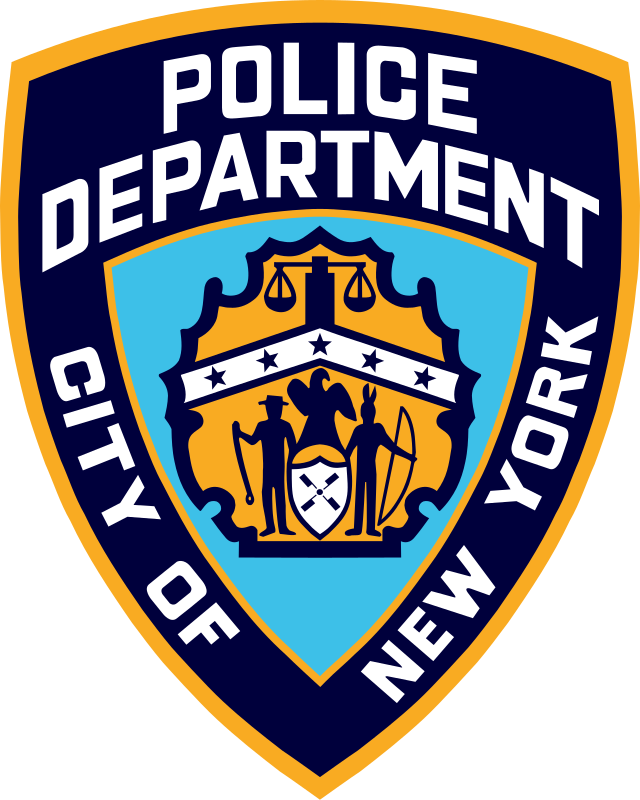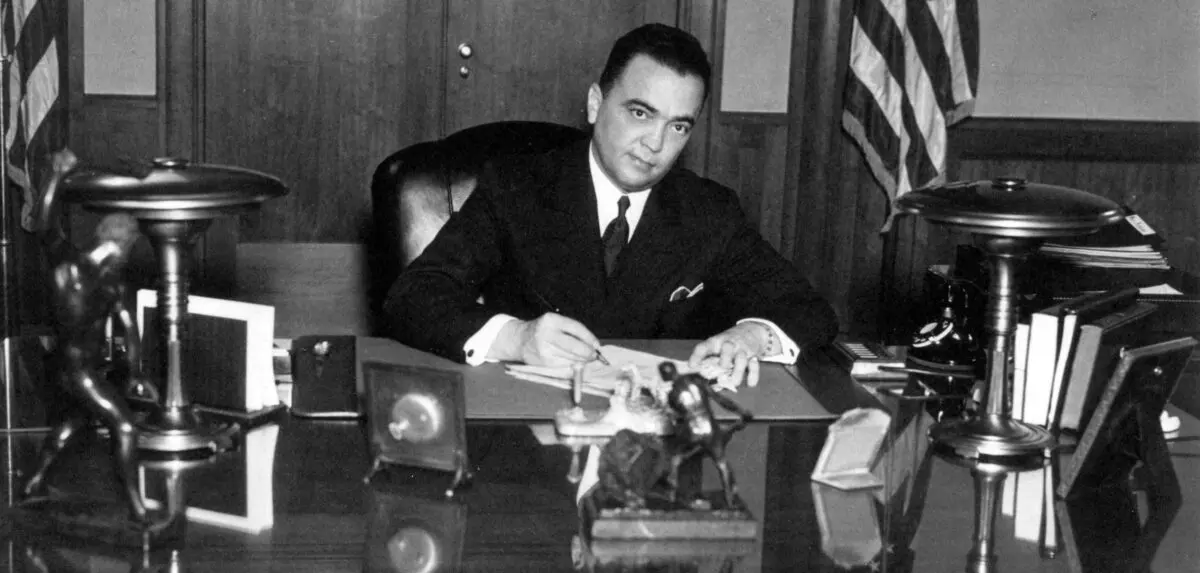The world of crime television has often been a double-edged sword, particularly in the context of reality shows that portray criminal investigations. One such show, The First 48, aired on A&E Television Networks, has transformed police relations in many American cities, initially praised for its raw and unfiltered look into the challenges faced by law enforcement. However, as the years progressed, the show has also found itself at the center of significant controversy, raising ethical questions and sparking backlash from various sectors of society. This thorough exploration aims to uncover the journey of The First 48—from celebrated partnership with police departments to contentious public scrutiny in the wake of notable incidents.
The Impact of The First 48 on Police Departments
When The First 48 first premiered, it acted as a unique bridge between law enforcement and the public. By documenting real murder investigations within the crucial first 48 hours after the crime, the show offered a glimpse into the rigorous processes detectives endure to solve cases. The series not only showcased the dedication of officers but also aimed to foster public trust and engagement with the law enforcement community.

Benefits of the partnership
Police departments collaborated eagerly with the reality series for a number of reasons:
- Public Image Enhancement: Departments had the opportunity to demonstrate their commitment to public safety and crime control.
- Community Engagement: By sharing their day-to-day experiences, they aimed to build rapport with local communities.
- Increased Awareness: The show educated viewers about the complexities of solving crimes, demystifying the investigative process.
By making officers relatable figures rather than distant enforcers, The First 48 sought to improve community relations and public safety. However, beneath the surface of this partnership, problems would soon arise.
Whispers of Controversy
As time passed, it became clear that the cameras’ presence often altered the dynamics of police affairs. Concerns emerged around the potential for staged reactions, edited narratives, and how those factors could ultimately affect the integrity of investigations.
Experts, including law enforcement officials and media critics, raised doubts regarding whether the scripted nature of reality TV disrupts the authenticity of police work. Some pointed to several incidents where crucial developments went unreported on-screen, potentially influencing jury pools and public opinion.
For instance, the production’s focus on dramatic storytelling sometimes overshadowed the nuances of case investigations. These shortcomings were highlighted when the Miami police chief expressed discomfort about officers potentially prioritizing the show over casework:
“I don’t want an investigator spending even a minute essentially working for the camera instead of elements of the case,” Chief Jorge Colina stated.
Cities’ Responses to the Show’s Impact
Despite its initial success, outbreaks of public outcry regarding The First 48 led several cities to reassess their partnerships with the show. Several municipalities opted to cancel contracts due to emerging controversies, realizing that the show, while beneficial in generating public interest, could potentially complicate ongoing investigations.
Cities like Dallas, Memphis, and Mobile—a trio that once eagerly welcomed the cameras—began reconsideration as they faced backlash over how the show represented their departments and specific cases.

The case of Mobile
In 2022, an incident in Mobile, Alabama, highlighted the significant impact The First 48 could have on jury pools. During a trial, a judge sought to determine if jurors had watched the show, permitting defense attorneys to express concerns about bias.
As a result, fourteen jurors admitted to being fans of the show, leading to fears about potential preconceptions influencing verdicts. The defense attorney recalled:
“What do you think those jurors are going to do when they go home at night? They’re going to look it up and watch it.”
After this episode, Mobile disbanded its association with the program. Former police chief James Barber acknowledged that while the show initially shed a positive light on local law enforcement, the concerns over its impact on criminal cases ultimately outweighed its benefits.
Dallas’s Turning Point
A similar fate befell Dallas when an incident involving Arking Jones made headlines. An unintended consequence of Jones’ appearance as a police witness on the show led to severe repercussions for him. Following the episode’s airing, Jones became a target of threats and violence, with many believing he had cooperated with law enforcement. His lawsuit against the production immediately raised substantial questions about the ethics of filming sensitive police work:
“The whole process made me feel like my life was inadvertently exploited for entertainment,” Jones stated.
Brought to the attention of local legislators, Jones’ plight contributed to stricter laws prohibiting reality TV productions from partnering with law enforcement. This decision reflected a growing acknowledgment of the potential harm reality shows could impose on individuals and communities.
Broader Implications for Law Enforcement
The complexities surrounding The First 48 extend beyond just individual cases. The show’s presence in policing has prompted a nationwide discussion regarding the role of media representation in law enforcement practices. Previously celebrated as an avenue for transparency, many began questioning whether such public portrayals were, in fact, obstructing justice.

Shifting public perceptions
The ethical implications of sensationalized police documentaries have been examined by various organizations dedicated to criminal justice reform. The American Civil Liberties Union (ACLU) and National Police Foundation have discussed the effects of media representation on real police work, steering conversations about public trust and accountability.
Policing in America is evolving alongside these tensions, with shifts in public opinion and awareness of police misconduct. As the focus moves from entertainment toward ethical governance, law enforcement agencies are increasingly bound to address how they interact with media representations.
- Increasing Accountability: Departments are called to evaluate their practices in conveying information to the media while maintaining the integrity of ongoing investigations.
- Enhancing Training Programs: With growing scrutiny, police organizations are shifting training to prioritize community relations, reducing the influence of external media.
- Creating Transparency: Emphasizing transparent operations can help rebuild trust in law enforcement out in the public sphere.
This pivot highlights both the struggles and aspirations of law enforcement: to comply with the demands of a storytelling culture while ensuring that investigations remain unbiased, just, and justly Serve the community.
Case Studies and Their Aftermath
Direct examinations of specific cases featured on The First 48 revealed a storm of controversy. Cities that previously saw the show as an opportunity to boost local morale now express regret over possible long-term consequences related to public perception and systemic accountability. Below are several alarming case studies that illustrate this complex relationship:
| City | Incident | Outcome | Current Status |
|---|---|---|---|
| Mobile | Jury bias concerns | Case led to mistrials | Disbanded relationship with the show |
| Dallas | Threats against an individual featured | Individual injured and lawsuit filed | Legislation preventing future partnerships |
| Memphis | Confession aired pre-trial | Conviction controversial | City ended contract shortly after the episode |
This comprehensive overview reveals how a simple reality television show sparked a ripple effect through various cities and intensified debates about the ethics of reality crime programming.
As each city’s relationship with The First 48 unraveled, many pondered the real cost of partnering with television networks for fame and visibility.
The Role of Organizations in Shaping Ethics
Organizations like the Police Foundation and Bureau of Justice Assistance have voiced concerns over the implications of high-profile policing and media. Their collective efforts push toward greater accountability and broaden reform conversations on how police conduct interacts with public discourse related to law enforcement.
Conclusion: A New Narrative in Law Enforcement Reality
As we progress into this new age of accountability and reform, the journey of The First 48 reflects the growing consciousness surrounding media representation’s power. The future of policing will undoubtedly evolve, with a firmer emphasis on transparency, public trust, and thoroughness in investigations. Amidst the allure of entertainment, it is critical we advocate for ethical portrayals that symbolize genuine dedication to serving communities effectively and responsibly.
Source: www.propublica.org
I’m Mikael, a 35-year-old Gossip Gravity Creator. I’m passionate about curating captivating content that sparks conversations and ignites curiosity. Join me on this exciting journey as we explore the fascinating world of gossip and trends together!



